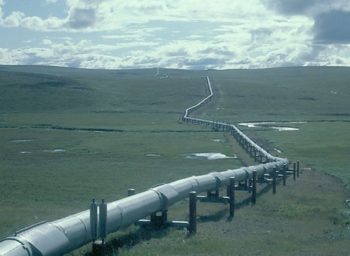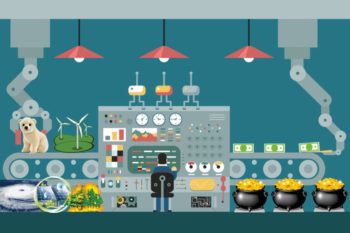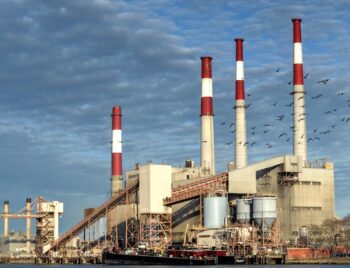
Trump is an unabashed climate skeptic, calling global warming a hoax, vowing to rip up the Paris climate agreement and, like other Republicans, to defund the UN’s Intergovernmental Panel on Climate Change along with domestic global warming programs.
Once the subsidy-dependent web of NGOs, climate scientists and industries such as renewable energy and electric vehicles are shorn of the billions in tax dollars that sustain them, most will either go into a different line of business or go bankrupt. The rump that remains — chiefly NGOs funded by the few foundations that stay in the game — will have no influence in a Trump administration.
Trump’s position on climate change is consistent with his position on energy — to “Unleash America’s US$50 trillion in untapped shale, oil, and natural gas reserves, plus hundreds of years in clean coal reserves.”
Aiding this push is the abolition of the Environmental Protection Agency, whose endless red tape and prohibitions hamper resource developments, especially those involving fossil fuels. In this new, fossil-fuel-friendly environment, Canada’s oilsands will no longer be singled out for demonization, and will not be discriminated against. Trump’s energy platform includes building the Keystone XL pipeline and importing all forms of energy from Canada.
Trump’s free-market energy policies will accelerate a trend that America’s shale revolution has already begun: a shift of energy-intensive manufacturing industries from the high-cost EU to the U.S.
The manufacturing heartland that represents the base of Trump’s blue-collar support — Middle America’s smokestack industries, devastated since NAFTA was signed — will also be revived by Trump’s tax policies. He wants to cut corporate taxes from 35 per cent to 15 per cent and repatriate trillions in U.S. profits held offshore by offering those corporations a low, one-time tax of 10 per cent. Blue-collar workers will benefit, too, from another Trump policy — building a wall to keep out the illegal immigrants who depress their wages.
This revival of America’s smokestack industries will reduce pressure on the U.S. to dramatically renegotiate NAFTA, not that a renegotiation would necessarily hurt Canada. Trump’s beef with NAFTA targets Mexico, with its low wages that convinced many American manufacturers to move south.
Canada rarely appears on Trump’s radar, but if in future we do, the demands he might make — such as access to our agricultural markets by scrapping our marketing boards — would benefit Canadian consumers and remove one of Canada’s great remaining impediments to a freer market economy.
The uncertainty of NAFTA aside, Canadian exporters across the board are likely to be big winners from a Trump presidency. Trump aims for four-per-cent per annum growth in GDP, a doubling of an economy that, during the Obama years, was stuck in low growth and strangled by regulation. Apart from the extra energy the U.S. will need from Canada to fuel this boom (low oil prices alone already drove gasoline use to an all-time high in the U.S. this summer) higher U.S. wages will tend to make Canada’s labour-intensive industries more competitive.
















